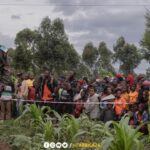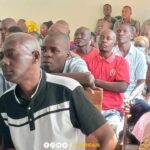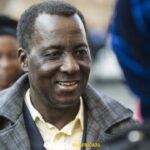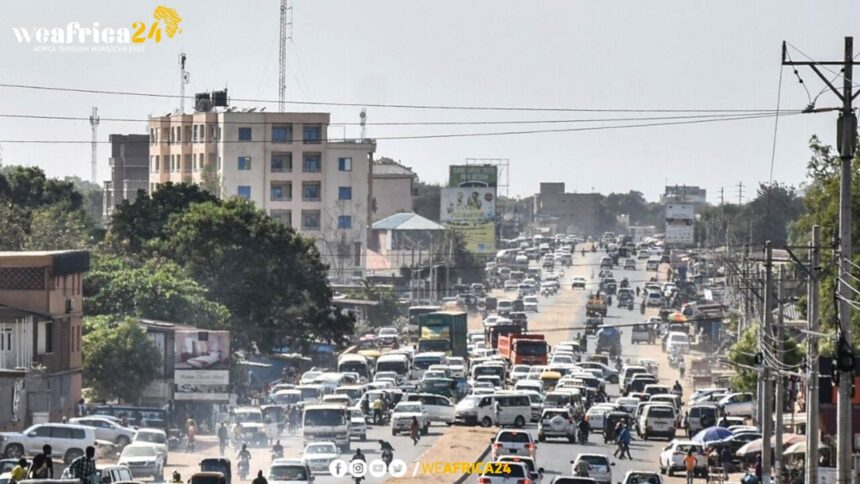A wave of protests against the rising cost of living and the non-payment of civil servants’ salaries—unpaid for over eight months—has emerged. The latest protest occurred on Tuesday, July 2nd, with university teachers in Rumbek, located in the central part of the country, taking to the streets to demand their salaries.
South Sudan’s economic crisis has worsened due to the ongoing conflict in neighboring Sudan, which has halted more than 60% of South Sudan’s oil exports. These oil revenues account for over 90% of the country’s income, leading to a severe depletion of state finances. The local currency, the South Sudanese pound, has lost more than half its value since the beginning of 2024. According to a mid-June report by the World Bank, the country is experiencing record inflation, with food prices soaring by 164%, the highest rate globally.
In recent days, strikes and protests have occurred in several cities, including Bor. The latest demonstration, part of a growing wave of discontent, took place on Tuesday. Bol Deng Bol, head of the civil society organization Intrepid South Sudan, based in Bor, the capital of Jonglei State in the east of the country, noted that protests were held on June 17 and 24 to oppose the rising cost of living. “Prices are very high in the market. Aggravating factors such as insecurity prevent people from leaving the city to farm and improve their livelihoods, coupled with high taxes on small businesses and salary delays. All this has made life very expensive, with extremely high inflation,” he explained.
Despite the peaceful nature of the protests, the authorities in Bor are not receptive. Several demonstrators have been questioned by security services, and Abraham Aleu Anyieth, a journalist from public television, was arrested at his home on the evening of June 26 in Bor. “Just like international treaties, our Constitution guarantees the right and freedom to assemble peacefully and express our opinions as citizens,” Bol Deng Bol continued.
Currently in hiding to avoid security services, Bol Deng Bol’s plight underscores the tension in South Sudan. This comes as South Sudanese parliamentarians passed a controversial law on Wednesday, July 3, allowing security services to make arrests without warrants.
The situation highlights the broader issues facing South Sudan, where economic instability and political repression are fueling public unrest. The international community is watching closely as these events unfold, concerned about the potential for further deterioration in a country already grappling with numerous challenges.







